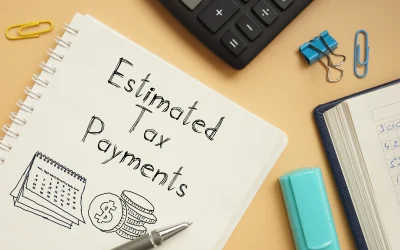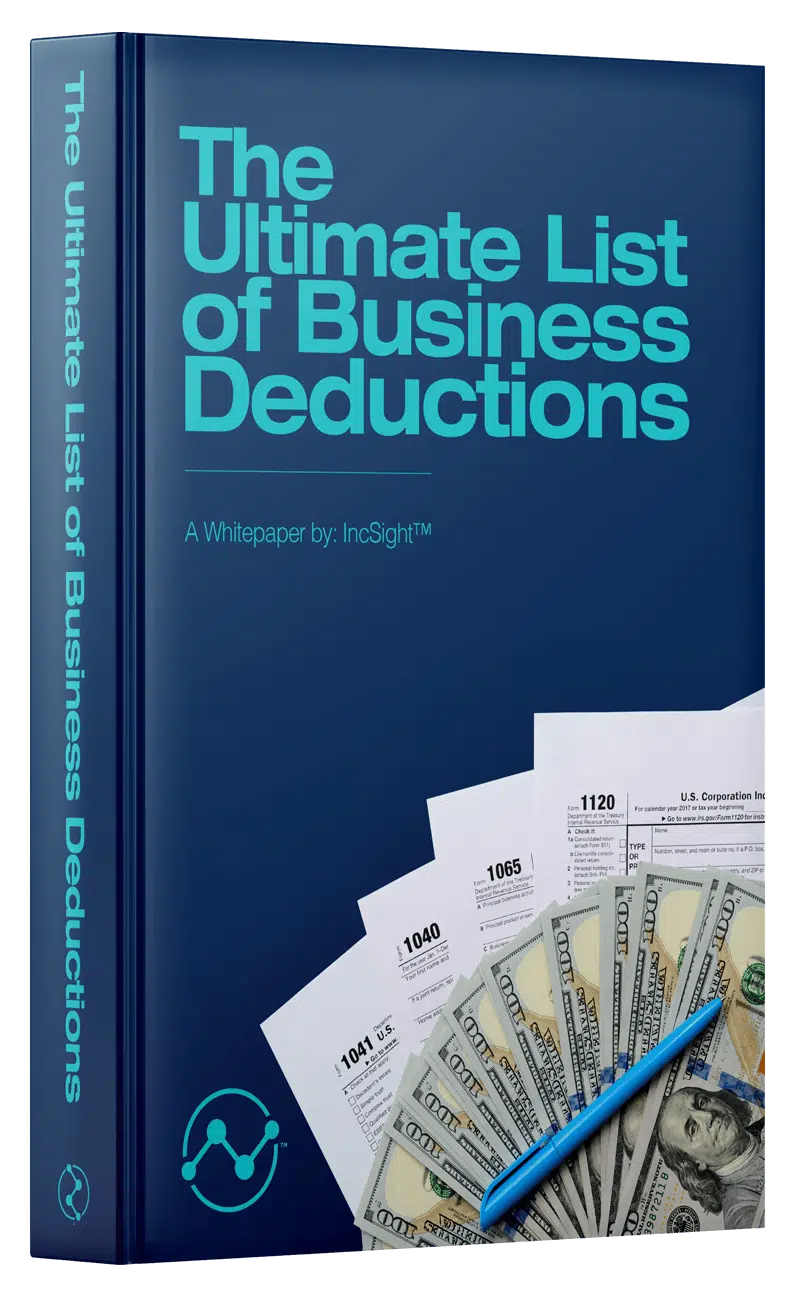As a small business owner, maximizing profits is probably one of your top priorities. While cutting costs is one way to do it, minimizing taxes is a another strategic approach. Taxes can take a significant chunk out of your profits, but you can reduce your tax liability through a careful, planned, and intentional approach to tax planning. The good news is that mid-year tax reviews provide an excellent opportunity to identify tax-saving opportunities and adjust your strategies. With that said, this blog post is designed to help you uncover the top 10 mid-year tax-saving strategies that every small business owner must know.
Conduct a Mid-Year Tax Review
We’re now half way through the year, do a tax review. How many tax strategies have you learned thus far this year? How many strategies have you implemented? If the answer to either one of those is less than five, then now is the time to take action.
Earlier this year, we talked about “How You Can Setup Your Business for Success in 2023” and we mentioned:
“If you start learning and thinking about tax planning here in January you will set yourself up for success to make 2023 the year you pay the least amount in taxes as legally possible.”
We are now in July and fortunately if you have not started yet or have put minimal effort in thus far, you still have time but make it a point to take action now. However you prefer to learn and implement we have a solution for you.
A mid-year tax review helps you identify potential tax savings in advance while there’s still time to make changes. Review your business’ financial statements, profit and loss statement, pay stubs, and tax returns from prior years to identify tax-saving opportunities. Having a clear picture of your business finances can help you and your tax professional to make informed decisions.
Maximize Deductions
Deductions are expenses that reduce your taxable income and ultimately your tax liability. Make sure to deduct all legitimate expenses related to your business operations, such as rent, utility bills, equipment depreciation, and more. It’s also important to keep proper documentation of business expenses to justify your deductions in case of an audit.
We did an entire series on this earlier this year discussing various expense categories and some strategic ideas to help maximize them:
- How Can I Maximize Advertising and Gift Deductions?
- How Can I Maximize Office Expenses and Employee Benefits?
- How Can I Maximize Meals and Travel Deductions?
- How Do I Avoid an IRS Audit as a Business Owner?
Review Entity Setup and Tax Structure
Do you expect your business to profit $50k+ this year? If so, an S Corporation election may be something that can be beneficial to help lower the amount you pay in self-employment taxes. We did an episode on this earlier this year and also did a full series on this a couple years ago running through everything you need to know.
Retirement Planning
Retirement planning not only secures your future but can also provide significant tax benefits. Contributing to an individual retirement account (IRA) or a 401(k) plan can help you reduce your taxable income while building your retirement savings. The contributions you make to these accounts are generally tax-deductible, which makes it an attractive option.
We had our annual episode where we discussion options available to those with no employees along with those with employees. There is still time left to do this.
Learn Tax Strategies
Our Podcast, Blog, YouTube Channel are all dedicated to providing you with the strategies you need to pay the least amount in taxes as legally possible. Topics that we discuss include but are not limited to:
- Entity Structure
- S Corporation
- Maximizing Deductions
- Retirement Plans
- Real Estate Investing for Tax Savings
- Hiring Your Kids or Family
- 14 Day Home Rental Rule
- Avoiding an Audit
- Automobile / Equipment Purchases
- Accountable Plans and Capitalization Policies
- Health Related Strategies
- Year-End Strategies
- and so much more!
Take the time now to review previous episodes and subscribe to all future ones so you can constantly be learning about what you can do.
Implement Tax Strategies
As we always talk about, learning tax strategies is one thing but then putting those to work through implementation is where you start to see fruit and the savings. Make it a point to spend some time on the implementation piece.
It may be as simple as keeping a notebook or note in your phone for all of the strategies you are learning and then put a meeting on your calendar once a month where you spend an hour or two reviewing your notes and actually putting those strategies into practice.
Take Advantage of Tax Credits
Tax credits directly reduce your tax liability and could save you loads of money. You can claim tax credits for things like hiring new employees, buying energy-efficient equipment, and creating accessibility features for disabled employees or customers. We also had an episode on earlier this year discussing some excellent tax incentives for starting a retirement account that you should check out.
Plan for Estimated Taxes and Know Your Tax Obligations
Small business owners are generally required to make estimated tax payments throughout the year. Underpayment of these taxes can result in penalties and interest. Plan accordingly by estimating your total tax liability for the year and setting aside funds at regular intervals to cover these payments. We did an entire episode on this earlier this year.
Make sure you’re up-to-date with your tax obligations. File your tax returns and make sure to also understand state and local tax obligations, which can vary from state to state.
If you have contractors that you are paying in your business, be sure you have a W9 on file for them because you will need this when it comes year-end and you need to send them a 1099.
Strategic Business Investments
Investing in your business can generate tax savings in several ways. For one, purchasing new equipment or vehicles (if necessary in your business) may qualify for depreciation and other write-offs. Additionally, hiring new employees could make you eligible for certain tax credits.
Keep Accurate Records
Accurate records are crucial in claiming deductions, credits, and other tax benefits. Keep all business-related receipts, invoice records, payment receipts, and other financial documents in a safe, organized location. Proper record-keeping not only helps you save money on taxes but can also help you make informed business decisions.
As we talk about all the time, bookkeeping is the backbone to your business. Are you caught up so far this year? If so, great! If not, take the time now to get caught up for the year and then get on a schedule to have it continuously updated moving forward!
Conclusion
Small business owners can implement these cost-effective and smart tax-saving strategies to minimize their tax liability and increase profitable business growth. Knowing how to leverage these tax-saving opportunities can sometimes mean the difference between success and failure. So, as a small business owner, take some time, review your finances, plan accordingly, and be sure to work with experienced tax professionals to help you navigate the complexities of the tax code. Remember, minimizing your tax liability is one of the smartest ways to maximize your profits and ultimately build a successful business.
- The Time Is NOW To Start Paying Less In Taxes. Join Our Tax Minimization Program (w/ Stress Free Bookkeeping Training)!
What you’ll get:
- Library of Tax Strategies, Implementation Guides, Videos, Downloads, etc.
- Stress Free Bookkeeping Training Program
- Ask A Pro – Unlimited email access to our team, it is like having an accountant in your back pocket!
- Monthly Group Trainings
- Private Facebook Group
- Partner Directory








